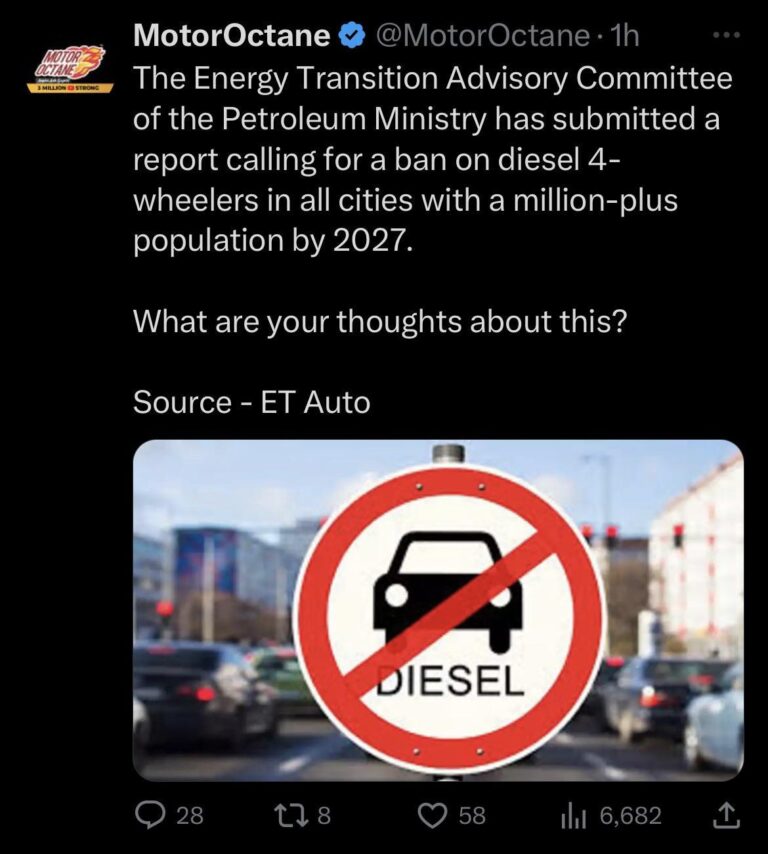France and Spain have jointly expressed their support for the European Union’s proposed 2035 ban on diesel and petrol cars, according to a recently revealed letter. This endorsement signals a significant step in the bloc’s ongoing efforts to combat climate change by accelerating the transition to zero-emission vehicles. The letter, made public by Euronews, underscores the commitment of two of Europe’s largest automotive markets to aligning with ambitious environmental targets set for the next decade.
France and Spain Join Forces to Support 2035 Ban on Diesel and Petrol Cars
In a significant move towards combating climate change, France and Spain have jointly expressed their support for the European Union’s ambitious plan to ban diesel and petrol cars by 2035. Through a formal letter addressing EU policymakers, both nations emphasized the urgent need to accelerate the transition to greener alternatives. This alliance highlights a growing commitment to sustainable mobility and signals increased pressure on other member states to align with the continent’s decarbonization goals.
Key points highlighted by France and Spain include:
- Promoting electric and hydrogen vehicle technologies as viable replacements.
- Investing in renewable energy infrastructure to support clean transport.
- Phasing out fossil fuel dependency while supporting affected industries and workers.
| Aspect | France’s Focus | Spain’s Focus |
|---|---|---|
| Electric Vehicle Incentives | Subsidies for EV buyers | Tax reductions on EV charges |
| Infrastructure Development | Expanding charging networks | Boosting renewable energy grid |
| Industry Support | Reskilling programs | Support for automotive sectors |
Environmental Impact and Economic Implications of the Proposed 2035 Vehicle Ban
The proposed ban on diesel and petrol vehicles by 2035 is expected to bring significant environmental benefits, aligning with Europe’s broader climate goals. By eliminating internal combustion engines, the measure targets a sharp reduction in greenhouse gas emissions-key contributors to climate change and urban air pollution. Experts predict a decline in carbon dioxide emissions by up to 70% in urban centers, with associated improvements in air quality and public health. Moreover, the transition encourages investment in renewable energy sectors and the expansion of electric vehicle (EV) infrastructure, fostering sustainable urban mobility.
Economically, the shift presents both challenges and opportunities. While industries linked to traditional automotive manufacturing face disruption, new markets are poised to emerge, particularly in battery production and EV technology. Governments and businesses are urged to facilitate this transition through retraining programs and subsidies. A comparative impact overview reveals:
- Job shifts: From combustion engine manufacturing to EV-related sectors
- Investment surge: In charging stations and grid modernization
- Consumer impact: Temporary increase in vehicle costs offset by lower running expenses
| Aspect | Positive Impact | Potential Challenge |
|---|---|---|
| Employment | Growth in EV tech jobs | Decline in engine manufacturing roles |
| Environmental | Lower emissions and pollution | Resource demand for batteries |
| Economic | Boost in green investments | Initial cost rise for consumers |
Policy Recommendations for a Sustainable Transition to Electric Mobility in Europe
Accelerating the phase-out of combustion engines requires a coordinated approach aligning national targets with EU-wide climate goals. Policymakers should prioritize incentivizing electric vehicle (EV) adoption through subsidies, tax rebates, and expanded charging infrastructure. France and Spain’s public support for a 2035 petrol and diesel car ban signals growing political momentum, but implementation hinges on concrete regulatory frameworks that balance consumer affordability with environmental responsibility. Furthermore, integrating smart grids and renewable energy sources will be crucial for handling increased electricity demand from EVs while minimizing carbon footprints.
To facilitate a smooth transition, governments must also invest in workforce reskilling to mitigate the economic impact on traditional automotive sectors. Collaboration with industry stakeholders to promote local manufacturing of batteries and EV components can bolster economic resilience and innovation. The table below outlines key policy pillars recommended for European lawmakers, emphasizing measurable targets and cross-border cooperation:
| Policy Pillar | Objective | Expected Outcome |
|---|---|---|
| Financial Incentives | Subsidies & Tax Breaks | Boost EV adoption rates |
| Infrastructure Expansion | Public Charging Networks | Enhanced range & convenience |
| Industry Support | Local Manufacturing | Job creation & economic growth |
| Regulatory Measures | Emission Standards & Bans | Reduced pollution & compliance |
Closing Remarks
As France and Spain add their support to the proposed 2035 ban on diesel and petrol cars, the initiative gains significant momentum within the European Union’s efforts to reduce carbon emissions and accelerate the shift towards cleaner transportation. The joint backing underscores a growing consensus among member states to prioritize environmental sustainability and align with broader climate goals. As discussions continue, stakeholders await further clarity on implementation details and the impact this transition will have on the automotive industry and consumers across Europe.




